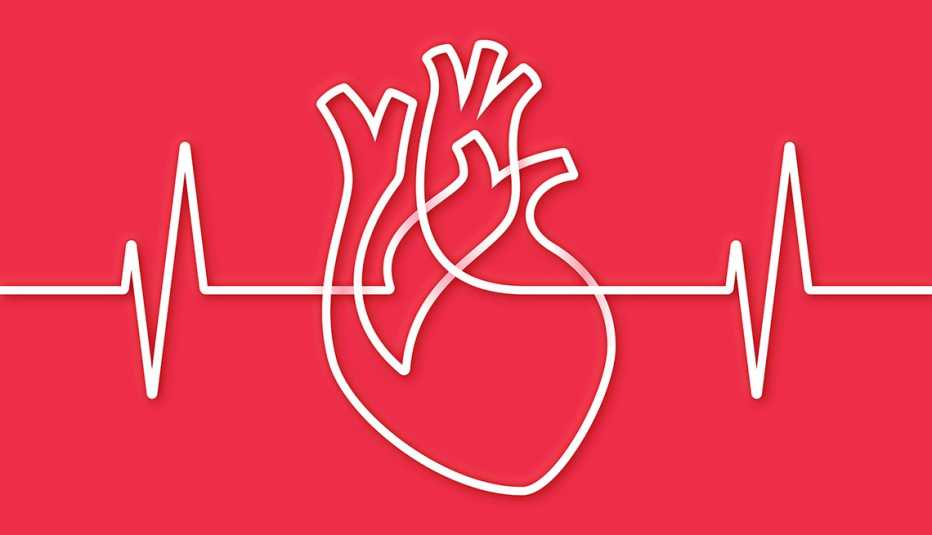Staying Fit
It doesn’t take much: Losing even a modest amount of weight — we’re talking about 5 to 10 percent of your total body weight, if you have excess weight to lose — can come with some big health benefits. And new research suggests these benefits may last several years, even if some of the weight creeps back on.
A study published in the journal Circulation: Cardiovascular Quality and Outcomes examined the results of 124 clinical trials totaling more than 50,000 participants. The researchers found that those who lost weight through what’s known as intensive behavioral weight loss programs — these often incorporate diet and exercise, paired with professional or peer support — had lower risk factors for cardiovascular disease and type 2 diabetes than people who participated in less-intensive programs or no program at all. What’s more, these improved markers lasted at least five years, even if some weight was regained.


AARP Membership— $12 for your first year when you sign up for Automatic Renewal
Get instant access to members-only products and hundreds of discounts, a free second membership, and a subscription to AARP the Magazine.
The weight loss, heart health connection
The impact of these findings, nutrition scientist Chris Gardner explains, is far-reaching. “We have one of the most overweight countries in the world, and our health care system is getting crippled by this and it’s really affecting the quality of our lives in years to come,” says Gardner, a professor of medicine at Stanford and chair of the American Heart Association’s Nutrition Committee.
In the U.S., roughly 2 out of 3 adults are overweight or have obesity, both of which are risk factors for many serious health conditions, including heart disease and stroke — two of the country’s top killers. These health issues are especially a burden among older adults.
“The larger picture here is huge, that we should do these things — basic ones here being diet and exercise,” Gardner says, emphasizing the importance of preventing premature disease.
In the study, researchers found that participants in the intensive programs saw, on average:
- A 1.5 mm Hg (millimeters of mercury) drop in their systolic blood pressure (the top number on the reading) one year after losing weight. This number was still 0.4 mm Hg lower five years later. The American Heart Association considers a normal blood pressure to be less than 120 for the systolic reading and less than 80 for diastolic (the bottom number).
- The percentage of HbA1c, a test that shows your average blood sugar levels, was reduced by 0.26 at both the one- and five-year measurements.
- The ratio of total cholesterol to good cholesterol was 1.5 points lower at the one- and five-year measurements.






































































